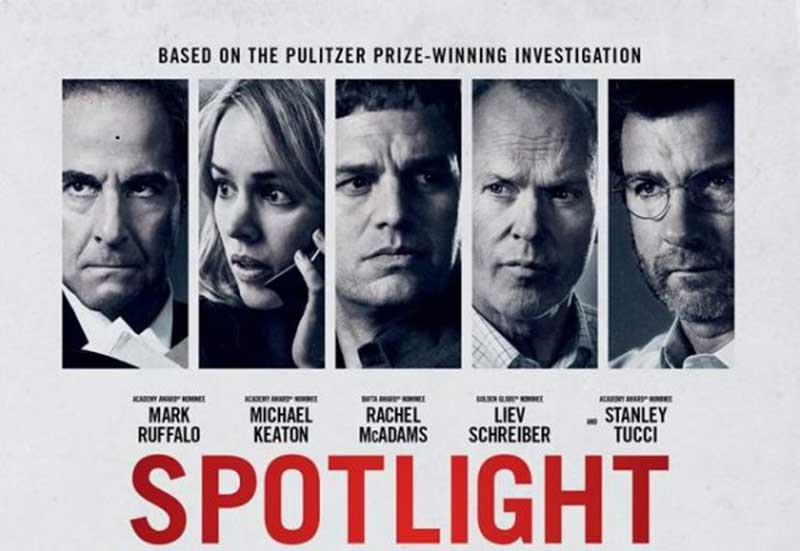On February 11, the film was released in Argentina. Spotlight and the movie theaters were flooded with painful silence. Although showing the evil we failed to prevent hurts the heart, it also provides an opportunity to repair and inform. The final plate, which shows cities where complaints have been registered, includes several Argentine ones. The Profile Newspaper He recalled five cases with final convictions: Sasso, Rossi, IlarazPardo and Grassi.
A few days later, Spotlight won the Oscar for Best Picture and producer Michael Sugar questioned the Pope when thanking him for the award: "It's time to protect children and restore faith.". The situation was strange because he referred to the subject as if he was notifying the Pontiff for the first time.
How can this be explained? Perhaps because the social criticism that had its climax in 2010 had been giving way before the sequence of good measures taken by the Church and the appearance of cases referring to various spheres of society, whose most recent chapter affects the UN. This revealed the existence of a problem of all and not only of Catholics. And when problems belong to everyone, it is more difficult to recognize and confront them.
It is a fact that the reaction to violence in private spheres continues to be lukewarm. To give just one piece of information, the Observatory of Gender Violence of the Province of Buenos Aires registered 18,619 complaints of domestic violence in January of this year. A disturbing question then arises: are we being accomplices of all this hidden social violence, perhaps because we do not want to see it?
Returning to the point, the issue of clerical abuse had been shelved as a story and each new case could be interpreted within the framework of the "zero tolerance" policy initiated by John Paul II, promoted by Benedict XVI and consolidated by Francis. But the film and its spin-offs brought the issue back into the public conversation and the responsibility of the Church was once again questioned.
It thus offers the opportunity to share anew a narrative that explains the crisis, its causes and the forceful response that has placed the Church at the forefront of prevention and care for victims. It is striking that many Catholics still lack that work of synthesis - the fruit of study, reflection and exchange of opinions - which is fundamental in a world of unstable consensus, partial data and permanent claims. To contribute to social dialogue, formation is not enough: it is necessary to be informed and to communicate with quality.












